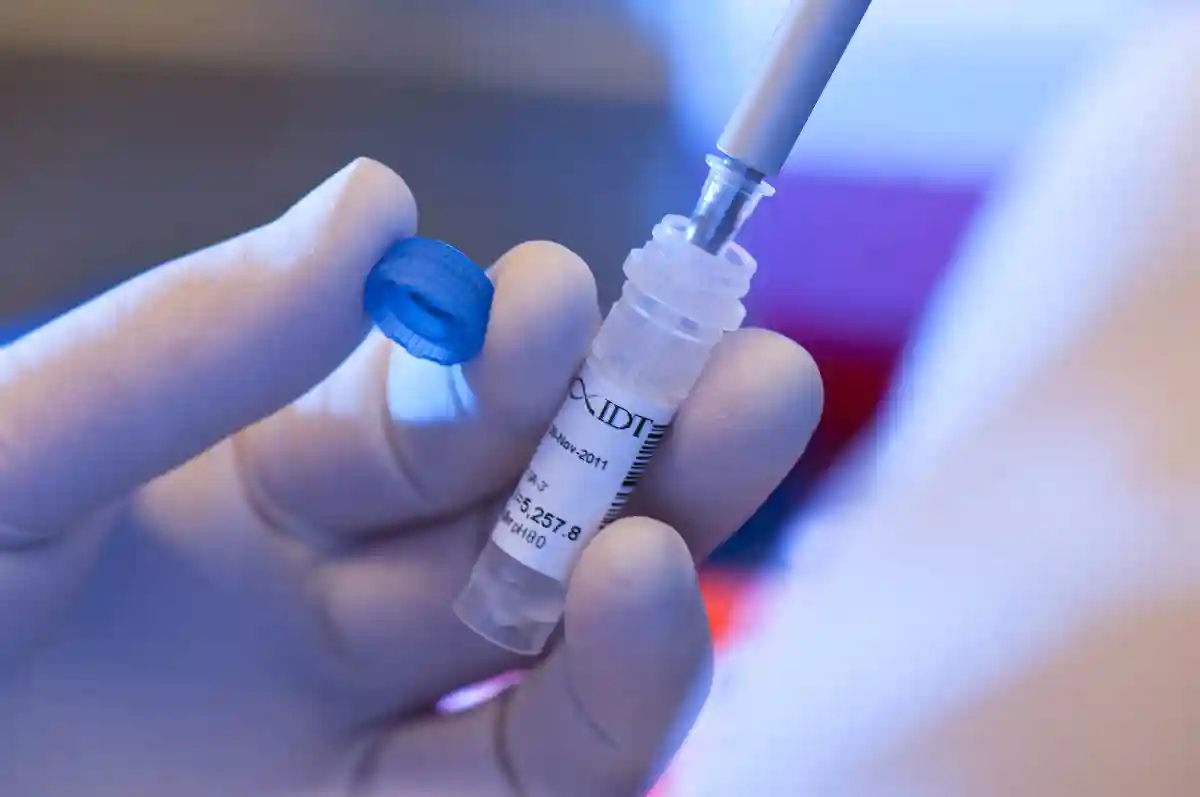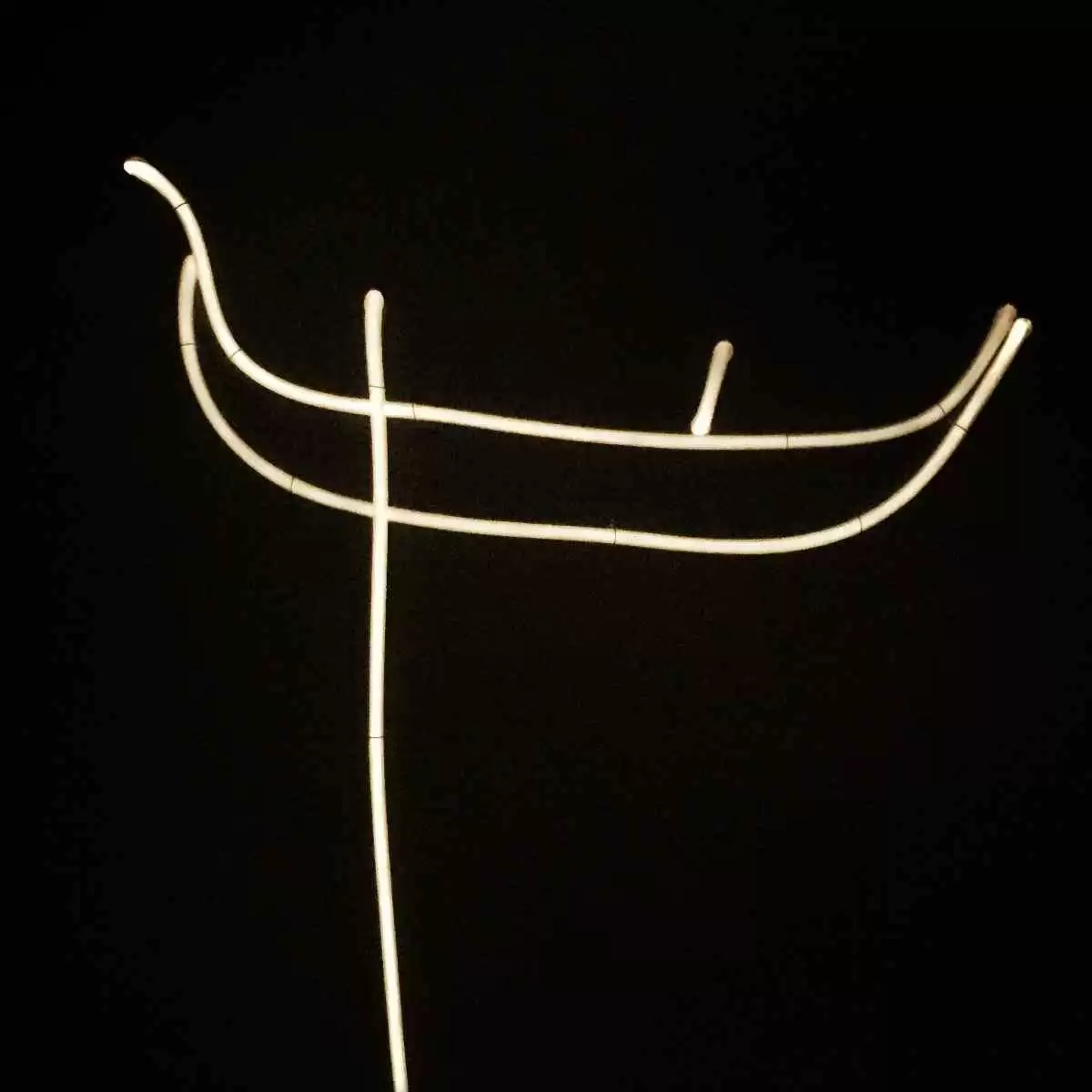Celiac.com 04/20/2024 - I was diagnosed with celiac disease in 2017. I've navigated a strict gluten-free diet ever since. The possibility of a cure continues to motivate researchers, but clinical trials for celiac disease often rely on gluten challenges, raising significant ethical concerns.
This article explores the dilemma surrounding gluten challenges and argues for a shift in research focus toward developing alternative testing methods that accurately assess individual gluten tolerance while prioritizing patient well-being.
Celiac.com Sponsor (A12):
On several occasions, I've been approached to participate in clinical trials for potential celiac disease treatments or cures. While I recognize the vital role these trials play in advancing medical knowledge, I have not yet chosen to participate. Let me explain why.
Celiac disease is an autoimmune disorder in which ingesting gluten causes damage to the small intestine, leading to malabsorption and other health complications. The typical and more "visible" signs of the immune system reacting after gluten ingestion, even a small amount, are vomiting, diarrhea, and bloating. The damage in the small intestine, however, is not visible unless endoscopy and biopsy are performed.
Despite decades of research, currently, there's no cure for celiac disease. The only treatment for managing celiac disease is maintaining a lifelong strict gluten-free diet. However, this approach presents significant challenges. The issue arises from the fact that even the most careful individuals can experience accidental gluten exposure. This can occur through hidden sources of gluten in processed foods, cross-contamination during preparation, or even unexpected sources like medications or cosmetics. It's almost unavoidable.
For most individuals a strict gluten-free diet effectively controls celiac disease symptoms, while some people may experience relapse from even low-dose gluten exposure. Also, the duration of exposure can significantly impact the frequency and severity of these relapses.
While new treatment options are on the horizon, ethical concerns cloud the research methods used to test their effectiveness. Celiac disease trials often require participants with celiac disease to undergo a "gluten challenge" to test the effectiveness of potential new drugs.
The Problem with Gluten Challenges
Gluten challenges are valuable and necessary for diagnosing celiac disease.
Traditionally, a gluten challenge for celiac disease diagnosis involved consuming three to ten grams of gluten daily for six weeks. This equates to roughly 1.5 to 5 slices of bread per day.
However, recent studies suggest that a shorter challenge, lasting only two weeks with a daily intake of three grams of gluten, may be sufficient to trigger abnormal test results in most adults with confirmed celiac disease.
The Ethical Dilemma
Although participation in these studies is entirely voluntary, with the option to withdraw at any point, and informed consent is a research priority, there are ethical considerations specific to celiac disease due to the potential for harm and the need for a careful risk-benefit analysis.
In some cases, medical research trials become more ethically justifiable. When facing a serious illness with no existing cure, a potential life-saving or life-extending drug in a trial could offer immense hope. The potential benefits may outweigh the risks, and participants might have little to lose and potentially much to gain.
In contrast, participation in a celiac disease trial frequently necessitates a gluten challenge, which deliberately triggers a negative reaction, causing short-term health consequences and potentially compromising a patient's health for the long term.
While a gluten challenge may provide valuable data for research purposes, especially for future patients, it's important to acknowledge the guaranteed negative effects and the risk of further health complications.
Celiac disease trials involving gluten challenges are indeed a complex matter.
A Call for Alternative Methods
From a patient perspective (as I am) I believe researchers should explore alternative methods for testing potential new drugs for celiac disease. A crucial step should be a thorough, case-by-case assessment of each participant's individual tolerance and risk factors in addition to informed consent from participants. Given the ongoing uncertainty surrounding the potential toxicity of trace gluten amounts, it is crucial for researchers to prioritize the development of methods or diagnostic tools that establish safe, individualized gluten thresholds for patients before resorting to gluten challenges.
By understanding individual sensitivity, researchers could tailor the gluten challenge dose to minimize discomfort and risk.
Unfortunately, current blood tests (serologic markers) may not be sensitive enough to detect lingering intestinal damage (residual enteropathy) in these seemingly healthy patients who are following a gluten-free diet.
Scientific research has undoubtedly led to incredible advancements in healthcare over the past decades. However, while I fully support this progress, I also believe in prioritizing participant safety in clinical trials.
Conclusion
The potential risks associated with a trial need to be weighed against the severity of the disease being studied.
As someone living with celiac disease, I understand the vital role research plays in finding a cure. However, I, like many others, am not comfortable participating in a gluten challenge, nor do I believe it's the most ethical approach due to the potential health risks.
While gluten challenges remain the current standard for diagnosing celiac disease, assessing treatment efficacy, and clinical research, their inherent risks necessitate a reevaluation of research methodologies.
Therefore, prioritizing the development of non-invasive, individualized testing methods, such as advanced blood tests or imaging techniques, that accurately measure treatment response without jeopardizing patient well-being should be a top research priority.
Medical Disclaimer: I am not a medical doctor. The information presented in this article is not intended to offer medical advice but is provided for informational purposes only. It should not be seen as a replacement for professional medical advice or consultation with healthcare professionals.
© 2024 Iose Cocuzza. All rights reserved.











Recommended Comments
Create an account or sign in to comment
You need to be a member in order to leave a comment
Create an account
Sign up for a new account in our community. It's easy!
Register a new accountSign in
Already have an account? Sign in here.
Sign In Now